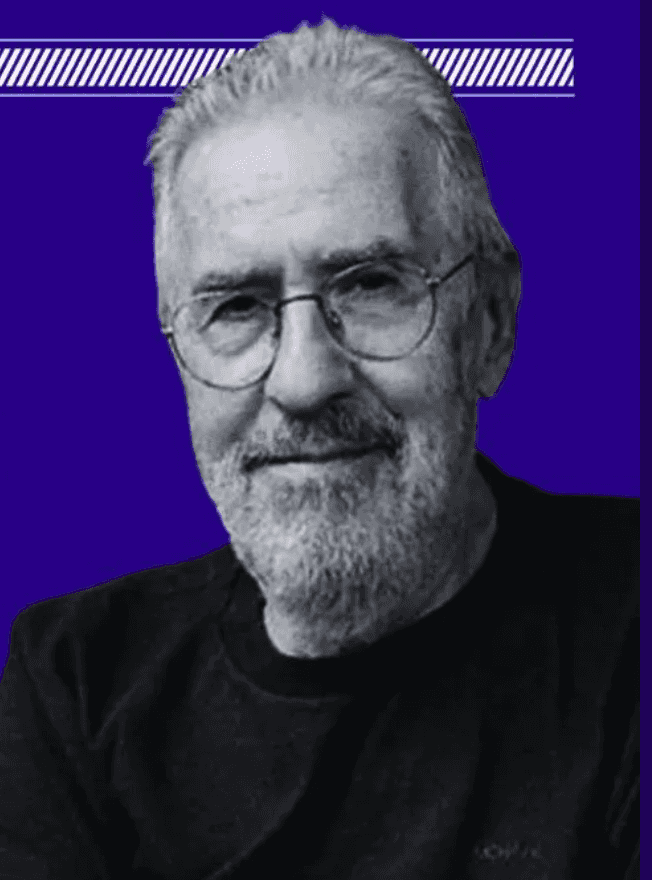
On September 8th, the National Court of Ecuador decided to uphold a ruling in the “Bribes Case” (Caso Sobornos) against the former president Rafael Correa, effectively preventing him from standing as a vice-presidential candidate in the upcoming elections scheduled for February 2021. Instead, Andrés Arauz, an economist and former minister in his government, is supposed to lead the presidential ticket of “the Union for Hope” (Union Por La Esperanza) coalition, while the renowned journalist Carlos Rabascall has been selected to replace Correa as the coalition’s vice-presidential candidate.
No sooner did the campaign of Arauz and Rabascall begin, that a new threat to block their candidacies emerged from the National Electoral Council (CNE), prompting left-wing and progressive organizations to organize mass mobilisations in front of the electoral bodies’ headquarters in Quito on September 29th. Both the disqualification of Correa and the attempts to disqualify Arauz and Rabascall have been condemned internationally, by former Latin American presidents and foreign ministers, particularly those belonging to Grupo de Puebla, as they present the greatest threat to Ecuadorian democracy in the modern era.
It has been alleged that the pressure to illegitimate their candidacies has been coming from several directions. First, the whole process is a further escalation of the politico-judicial campaign by Ecuador’s authoritarian government that has targeted Correa and his allies since the country’s government returned to neoliberalism under the presidency of Lenin Moreno.
The ruling was made in record time as Correa’s legal team, headed by Fausto Jarrin, had appealed the previous decision on the grounds that the case lacked any substantial evidence or due process – not to speak of the obvious political motivations.On April 8th Ecuador’s National Court of Justice first sentenced former president Rafael Correa and former vice-president Jorge Glas to eight years in prison, while also attempting to bar them from holding public office for the next twenty-five years.
The prosecution, headed by attorney general Diana Salazar, has alleged over and over again that the former president operated a ‘web of corruption’ during his last term in office from 2013–17. According to Salazar, Correa’s then-party Alianza PAIS served as the front organization to receive bribes of up to $7.8 million from private firms like the notorious Brazilian construction giant Odebrecht. The only physical piece of supposed evidence was $6,000 that Correa borrowed from the presidential fund and then paid back. Prior to this sentencing, however, Correa already faced twenty-five other politically-motivated charges ranging from bribery to corruption and even kidnapping.
Much like the case of Lula da Silva in Brazil, Correa has been the victim of a campaign of lawfare. Its purpose is to damage the integrity of the former president and other historic leaders of the Citizens’ Revolution (Revolución Ciudadana) through politically-motivated judicial persecution, while at the same time tarnishing their legacy of economic prosperity, poverty reduction and forging solidarity across the nations of Global South.
And Correa has not been the only historic leader of the Citizens’ Revolution to face political persecution. Jorge Glas, his former vice-president, has been in prison since October 2017 following a similar case of allegedly receiving kickbacks from the Brazilian construction firm Odebrecht. Paola Pabon,the prefect of Pichincha, Virgilio Hernandez, the former member of the National Assembly,andChristian Gonzalez, a grassroots activist from the organisation Bulla Zurda, were all jailed following their support for the October 2019 uprising against the Moreno regime. Gabriela Rivadeneira, the former president of the National Assembly, Ricardo Patiño, the former foreign minister and Sofia Espin, the former member of the Constituent Assembly have been forced to seek asylum in Mexico.
Throughout his time, Correa became accustomed to the non-stop attacks by Ecuador’s notoriously decadent private press and the US-aligned right-wing opposition that never ceased to label his government as a ‘dictatorship’. His government was the target of various mass rallies and protests organised by the right-wing opposition against his proposed policies of raising taxes on the ultra-rich in 2015. Almost exactly ten years ago, on 30 September 2010, the former president even survived a coup attempt following a police mutiny that received ample backing and favourable coverage from some of the country’s largest private media corporations and TV channels. The current campaign of lawfare and political persecution is an echo of the long-standing attempts to destroy the Citizens’ Revolution and its achievements.
Since its inception, the government of the Moreno regime on the other hand has been faced with a number of self-inflicted social and economic crises since its turn against the politics of the Citizens’ Revolution and its alignment with the country’s traditional right-wing political forces. Previously serving as Correa’s vice-president during his first two terms in government, Lenin Moreno’s election on the political platform of the Citizens’ Revolution was meant to mark the continuation of the project started by Rafael Correa. Instead, mere months into his presidency, he began making political alliances with the country’s traditional right-wing political forces, as well as manipulating various legal institutions of the Ecuadorian state, gradually dismantling the public sector and the social projects initiated by Correa’s government.
And so, the total level of social spending has also been gradually reduced since 2017, with the education and healthcare sectors being hit the hardest. The biggest damage on the country’s public sector was inflicted following the signing of a new $4.2 billion debt package with the IMF in March 2019. Over 10,000 workers werefired in preparation for the financial institution’s reform package, among them between 2,500 and 3,500 personnel working in the healthcare sector. More importantly, over 300 personnel working in the control and treatment of pandemics were also made redundant – almost exactly a year before the start of COVID-19 pandemic.
Meanwhile, the structures of the state have been hollowed out with the elimination of thirteen out of forty institutions by April 2019, as well as $2 billion of cuts and austerity through the elimination, privatization and fusion of a number of state companies and public entities. As a result of these policies,the level of structural poverty has increased from 23.1 percent in June 2017 to 25.5 percent in June 2019. Some economists have projected that structural poverty will reach 30 percent by the end of the year if the new economic measures are enacted. Extreme poverty also rose from 8.4 percent to 9.5 percent during the same time period.
And while Ecuadorians are becoming poorer, the “INA Papers” scandal revealed that Moreno had hidden bank accounts in Panama and Belize, the two Latin American countries that are known for being notorious tax havens. Correa’s government previously implemented a law that prohibited public officials from holding any financial assets in foreign tax havens.
The proposed elimination of fuel subsidies and the planned reduction of public sector salaries on 1 October 2019 proved to be the spark that ignited the indigenous-led uprising during that month, also known as the “Drone Revolution” (Revolucion de los Zanganos).The ferocity of the repression against the mass protests showed to the world for the first time the extent of Moreno regime’s authoritarianism. After 12 days of protests, with over a thousand injured and at least 8 workers killed by the police across the country, the Moreno regime backed off from implementing the proposed elimination of fuel subsidies.
Despite this victory for the popular movements,the neoliberal economic policies continued well into 2020 and were not halted with the arrival of the COVID19 pandemic. Over $324 million were transferred into the hands of foreign debt holders,despite the evident need for urgent investment in COVID-19 containment measures, while a further $1.4 billion were planned to be further eliminated as part of the “optimization and reduction” of the state.
Unsurprisingly, the management of the pandemic by Moreno’s government has been considered amongst the worst in the world, with numerous investigations duringApril2020 alleging that the numbers of the infected and dead far surpassed the official numbers, while the overall number of infected reached 122,000 by the middle of September.
In this context, the lawfare campaign against Rafael Correa is nothing more than a last-ditch attempt by the country’s economic and political elite to prevent the return of the Citizens’ Revolution. Despite being unable to participate, there is no doubt that Correa and the other historic leaders of the revolution will continue to play an enormous role in the campaign and the Citizens’ Revolution will be spearheaded by a new generation represented by young leaders like Andrés Arauz.
Denis Rogatyuk is a journalist at El Ciudadano, a writer, contributor, and researcher with a number of publications including Jacobin, Tribune, Le Vent Se Lève, Senso Comune, the GrayZone, and others.
Photo: Agencia de Noticias ANDES, Wikimedia







